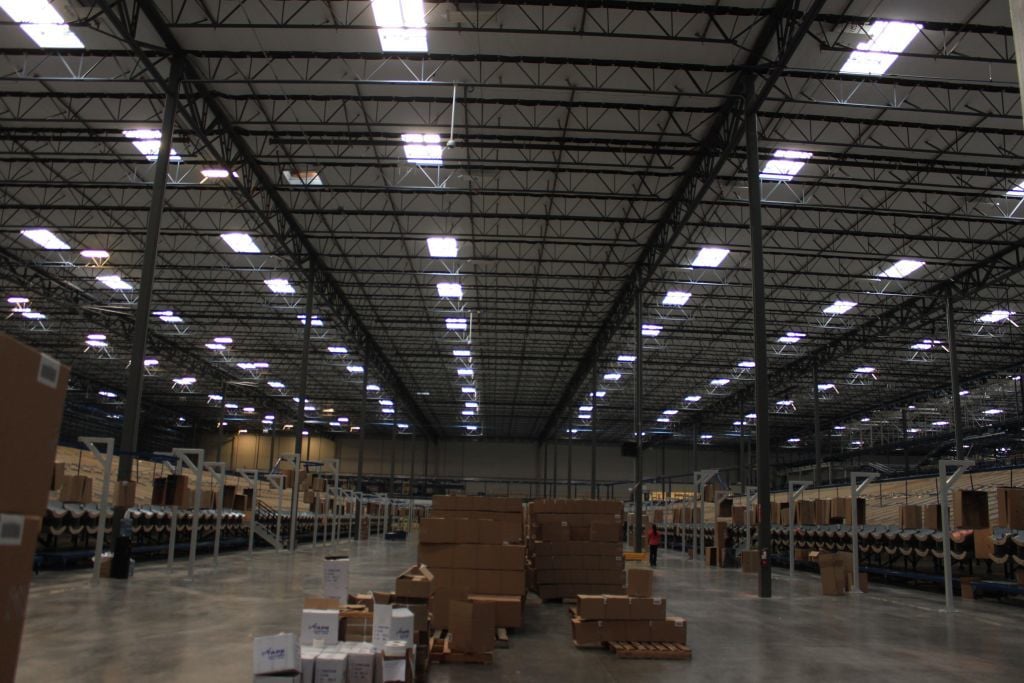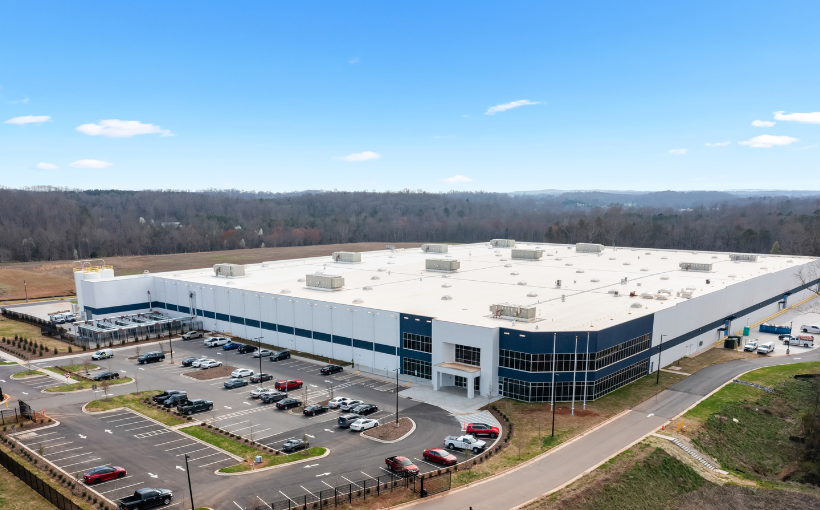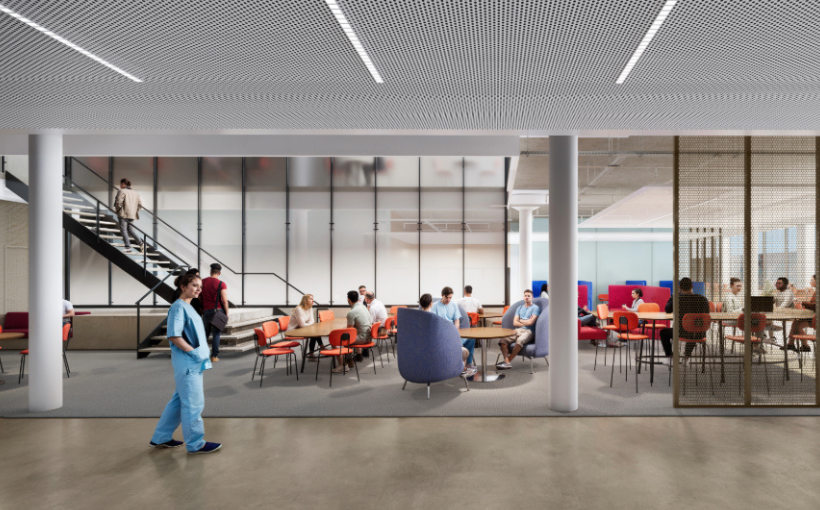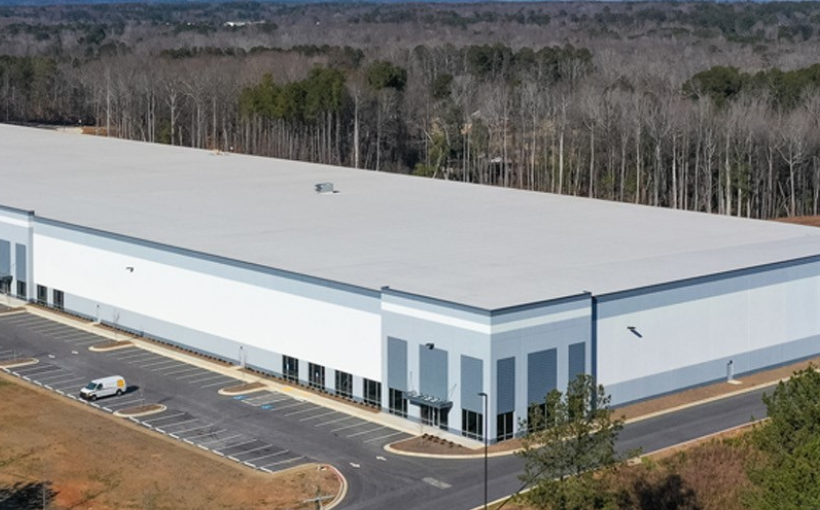**Tariff Headwinds Likely to Impact CMBS Asset Performance, Says Fitch Ratings**
U.S. commercial mortgage-backed securities (CMBS) asset performance is expected to deteriorate amid tariff-related challenges, including inflation, elevated interest rates, and slowing global economic growth, according to a recent report from Fitch Ratings. Despite the headwinds, the multifamily sector remains somewhat insulated from these pressures.
“Policy shifts are introducing considerable uncertainty within commercial real estate, a lagging cyclical sector,” the Fitch report stated. “This uncertainty is likely to lead to a pause in major capital investments and new developments and negatively impact tenant decision-making due to rising and competing costs.”
Among the commercial real estate sectors, industrial properties—especially those located in West Coast port markets—are expected to bear the brunt of reduced trade flows. These areas have a significant exposure to China-related trade and face existing oversupply challenges, particularly in regions like California’s Inland Empire. Fitch noted that it might apply extra stresses to net cash flows or increase capitalization rates for industrial properties that rely heavily on trade-exposed tenants.
While the retail sector has shown signs of stabilization in recent years, Fitch forecasts softening demand. Retailers dependent on Chinese supply chains may reduce store growth or hasten store closures, which could result in increased vacancies. “This could make it difficult for power centers and malls to backfill space quickly,” the report said, adding that heightened vacancy could also put downward pressure on rents. As a result, Fitch revised its retail CMBS asset performance outlook for 2025 from “neutral” to “deteriorating.”
The office sector remains mixed. Limited new supply may sustain demand for premium Class A office properties in areas like Manhattan. However, other office submarkets are likely to face slower recoveries. “We are nearing the five-year mark from pandemic-related stress, when banks typically become more aggressive in resolving problem loans,” the report observed. Such a shift could lead to a rise in distressed asset sales and lower appraisals—potentially exerting further pressure on CMBS ratings if actual values fall below Fitch’s assumptions.
In the hospitality space, diminished consumer confidence and lower international travel have already dampened leisure hotel demand. Labor shortages—exacerbated by restrictive immigration policies—are also expected to increase operating expenses, particularly in accommodation and food service sectors. Rising construction costs due to tariffs may further delay hotel renovations or capital improvements.
Despite the broad challenges, Fitch remains optimistic about two residential-linked sectors: self-storage and multifamily. “The multifamily sector is well-positioned given low housing affordability and moderating supply growth in key markets,” the report said. Tariff-related construction cost increases and labor shortages are likely to limit new development, supporting occupancy rates and rental growth for existing properties. As a result, Fitch upgraded its 2025 outlook for multifamily asset performance from “deteriorating” to “neutral.”




